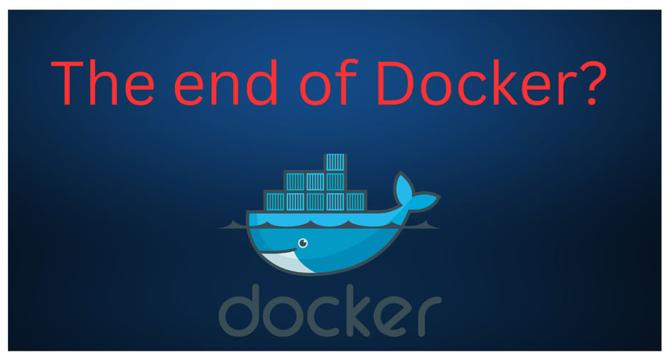Dev
1w
260

Image Credit: Dev
The end of Docker? The Reasons Behind Developers Changing Their Runtimes
- Docker, once a containerization pioneer, is facing challenges in 2025 as developers opt for faster, leaner, and more secure alternatives.
- Factors contributing to Docker's decline include changes in licensing, performance issues on Windows and macOS, security vulnerabilities, and a monolithic approach in a modular world.
- Alternative container runtimes like Podman, containerd, CRI-O, Lima, Finch, nerdctl, and Buildah are gaining popularity for their security, modularity, performance, and open nature.
- Developers are advised to consider where Docker fits best, with Docker Compose still valuable for local development but alternatives like containerd and CRI-O being preferred for production environments, especially in Kubernetes clusters.
- The future of containerization is moving towards open standards, lightweight runtimes, and cloud-native concepts, with Docker still holding significance but facing competition from more specialized tools.
- While Docker is not disappearing, the evolving container ecosystem offers developers a wider range of choices and opportunities for innovation in container development.
- Individual preferences for container runtimes may vary based on factors such as security requirements, licensing preferences, and performance needs, with different runtimes catering to specific use cases.
- The container landscape is maturing, with developers encouraged to explore different runtimes to find the best fit for their workflows and development practices.
- The future of containerization lies in modular tools that align with open standards, prioritize security, and offer flexibility to adapt to evolving development needs.
- Developers are encouraged to join the discussion on container development trends and share their experiences with alternative runtimes like Podman, containerd, and others.
Read Full Article
15 Likes
For uninterrupted reading, download the app